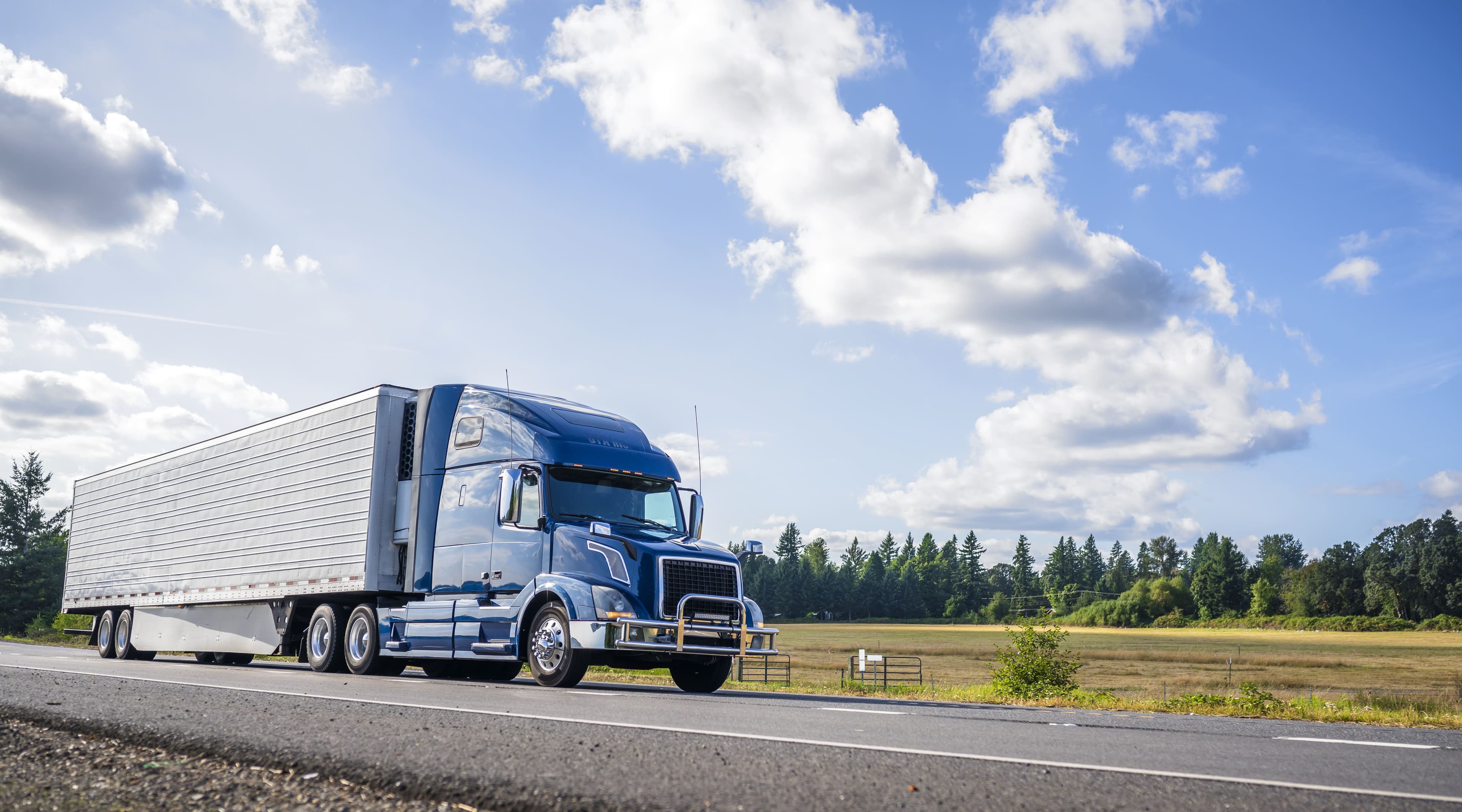Understand the Benefits and Differences of CNG and RNG

Trending
Top Posts
Transportation Strategy
What is a Transportation Management System?
4 min read
March 27, 2025
Market Events
A Comprehensive Guide to Federal Policy Updates and Their Impacts on the Transportation Industry
10 min read
March 26, 2025
Market Events
Diesel Fuel Price Trends to Watch for the Remainder of 2025
5 min read
March 25, 2025

4 min read
March 18, 2024

Share:
The Canadian carbon tax stands as a pivotal mechanism towards achieving the nation's climate goals. Introduced as a part of Canada's commitment to reduce greenhouse gas emissions and combat climate change, this policy encourages companies to track and decrease their carbon footprint. It also provides a financial incentive to invest in cleaner and more sustainable transportation options.
Canada’s carbon tax is a minimum carbon price the federal government sets on the value of carbon (CAD/metric ton). For diesel and other fuels, the Canadian carbon tax is a fuel charge rate, an added fuel cost to account for the emissions profile of each fuel: gasoline, diesel, propane, naptha, and many others.
The federal carbon tax is the “minimum” carbon price for provinces to decide if they would like to enact more stringent carbon pricing. Notably, Quebec has a longstanding cap-and-trade program that the federal government has deemed stringent enough to not require the adoption of the federal carbon tax rate and thus the federal fuel charge rate.
The remaining Atlantic provinces transitioned to the federal carbon tax rate in 2023, so the 2024 carbon tax and fuel charge rate will be nearly uniform across all provinces come the carbon tax update. The federal carbon tax rate will increase from CAD 65/metric ton to CAD 80/metric ton starting on April 1. For all the provinces, apart from Quebec and British Columbia, the fuel charge rate for diesel will increase to CAD 0.2139/litre.
The Canadian federal government, under Prime Minister Justin Trudeau, is facing considerable pushback on Canada’s carbon tax from constituents and Conservative political leaders because of concerns around the rising cost of living and the effectiveness of the policy. For instance, in late 2023, the Trudeau government exempted home heating oil from the carbon tax because of the considerable pushback on its costs. This raised further questions about the provincial and regional variations in the impacts of the carbon tax policy.
Trudeau’s government is now working to alter the narrative around the carbon tax to try and better convey its purpose and benefits to Canadian citizens, particularly the revenue rebate program. Despite the attempted rebranding, Conservative Premiers and a sole Liberal Premier are calling on Trudeau to either not increase the carbon tax on April 1 or increase it by a smaller value than scheduled. In Trudeau’s counter arguments, he has highlighted how the rebates benefit citizens and the program’s importance to the climate. Long term, if the Conservatives take control in the next federal election, they will likely remove the Canadian carbon tax altogether. The next election will be held by October 2025, meaning another carbon tax increase will occur on April 1, 2025, before the federal election – barring any political compromises from Trudeau. The carbon tax rate would increase to CAD 95/metric ton and the diesel fuel charge rate would increase to CAD 0.254/litre.
Even if the carbon tax is removed completely, provincial policies like Quebec’s cap-and-trade system would not be affected. However, the implementation of tariffs could lead to adjustments in Canada's carbon tax as policymakers seek to balance economic priorities with international trade pressures and ensure compatibility with evolving global market dynamics.
Canada's carbon tax policy presents challenges and opportunities for companies. To stay compliant, companies must remain vigilant, adapting their operations and accounting practices to reflect these changes. An essential tool in this process is Breakthrough's Fuel Recovery solution.
Fuel Recovery considers carbon taxes in its market-based fuel reimbursement calculation, allowing for more accurate budgeting and financial planning. Utilizing this mechanism not only helps in managing the intricacies of carbon tax but also showcases businesses as responsible corporate citizens dedicated to sustainability. With the April 2024 carbon tax update approaching, now is a critical time for businesses to evaluate their current practices and make necessary adjustments. To accurately calculate your carbon taxes on all shipments, schedule a meeting with the Breakthrough Team!

4 min read
March 27, 2025
Discover how a TMS streamlines planning, execution, and logistics with real-time visibility, automation, and data-driven insights to optimize freight moves.
Read more
10 min read
March 26, 2025
Stay informed of the latest federal transportation policy changes to help you adapt, manage risks, and seize new opportunities in the dynamic landscape.
Read more
5 min read
March 25, 2025
Explore diesel fuel price trends, including the impact of oversupply, OPEC+ decisions, and geopolitical factors. Discover strategies to adapt to the energy market.
Read more